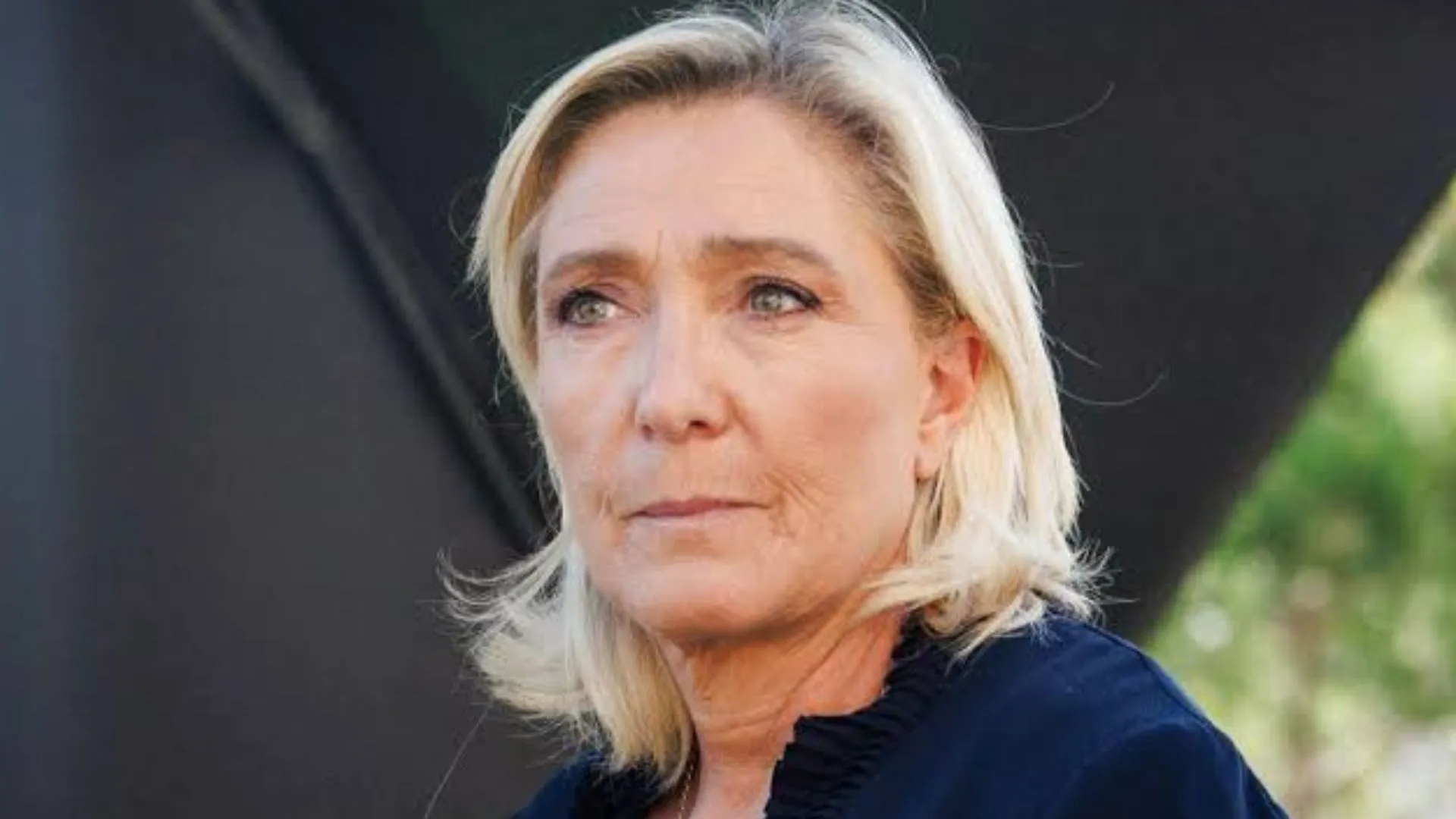During the 79th United Nations General Assembly (UNGA) session in New York, India’s External Affairs Minister Dr. S. Jaishankar delivered a pointed message to Pakistan, highlighting the consequences of its longstanding policies on terrorism. In his nearly twenty-minute address, he underscored the detrimental impact of Islamabad’s actions on both its own society and the wider region. In a hard-hitting address, Jaishankar warned Pakistan of the repercussions of its policies, stating that the country’s current struggles were the result of “conscious choices” and “karma.”
Pakistan’s Choices and Consequences
In a significant portion of his speech, Jaishankar remarked, “Many countries get left behind due to circumstances beyond their control but some make conscious choices with disastrous consequences. A premier example is our neighbour Pakistan.” His comments highlighted how Pakistan’s decisions have not only resulted in internal turmoil but have also adversely affected its neighbors.
The Minister continued, emphasizing the toxic combination of fanaticism and radicalization that has taken root in Pakistan. He stated, “Unfortunately, their misdeeds affect others as well, especially the neighbourhood. When this polity instils such fanaticism among its people, its GDP can only be measured in terms of radicalisation and its exports in the form of terrorism.” This strong characterization of Pakistan’s societal issues illustrates how deeply entrenched these challenges have become.
ALSO READ: China’s Newest Nuclear Submarine Sinks In Dock, US Officials Confirm
A Reflection of Internal Struggles
Jaishankar further elaborated on the repercussions of Pakistan’s terrorism policies, noting, “Today, we see the ills it sought to visit on others consume its own society. It can’t blame the world. This is only karma.” His remarks pointedly criticized the country’s failure to address its internal issues, which have been exacerbated by the export of radical ideologies.
The External Affairs Minister’s statements come at a time when Pakistan is grappling with its worst economic crisis since its inception in 1947. Jaishankar attributed this dire situation to “conscious choices with disastrous consequences,” underscoring how such decisions have led to a precarious national landscape.
A Clear Message on Cross-Border Terrorism
Addressing the issue of cross-border terrorism, Jaishankar reiterated that “Pakistan’s policy of cross-border terrorism can and will never succeed.” This assertion serves as a warning to Islamabad that its tactics are not only futile but will also incur significant repercussions. He warned, “On the contrary, actions will certainly have consequences,” making it clear that India will not tolerate such behavior.
As he wrapped up his speech, Jaishankar stated unequivocally, “The issue to be resolved between us is now only the vacation of illegally occupied Indian territory by Pakistan. And of course, the abandonment of Pakistan’s longstanding attachment to terrorism.” This closing remark crystallizes India’s position regarding its territorial claims and the need for Pakistan to abandon its reliance on terrorist strategies.
Response to Pakistani Prime Minister’s Remarks
Jaishankar’s speech came in the wake of Pakistan’s Prime Minister Shehbaz Sharif’s address at the UNGA, where he compared the situation in Jammu and Kashmir to that of Palestine. Sharif had called for India to reverse its abrogation of Article 370, which removed Jammu and Kashmir’s special status, and urged dialogue in accordance with the UN Security Council resolutions. In response, Jaishankar dismissed these assertions as “bizarre” and took the opportunity to reaffirm India’s stance.
“We heard some bizarre assertions from this very forum yesterday. Let me make India’s position very clear. Pakistan’s policy of cross-border terrorism will never succeed. And it can have no expectation of impunity. On the contrary, actions will certainly have consequences,” Jaishankar asserted.
India’s Stance on Cross-Border Terrorism
Jaishankar emphasized that the only issue left between India and Pakistan was “the vacation of illegally occupied Indian territory by Pakistan,” referring to Pakistan-occupied Kashmir. He added that Pakistan must also abandon its “longstanding attachment to terrorism.” This clear and firm stance from India signals that it has no intention of engaging in dialogue until Pakistan changes its behavior.
India Responds to Hypocrisy on Violence
Earlier, Indian diplomat Bhavika Mangalanandan also delivered a sharp rebuke to Sharif’s comments on Kashmir. She pointed out Pakistan’s history of employing terrorism as a weapon against its neighbors, stating, “As the world knows, Pakistan has long employed cross-border terrorism as a weapon against its neighbors. It has attacked our parliament, our financial capital, Mumbai, marketplaces, and pilgrimage routes.” Mangalanandan further noted, “For such a country to speak about violence anywhere is hypocrisy at its worst.”
Addressing Global Issues Beyond Pakistan
In addition to his strong words for Pakistan, Jaishankar also touched on several pressing global issues during his UNGA address. He expressed support for the UNGA theme, “Leaving No One Behind,” and highlighted the challenges facing the international community. “We are gathered here at a difficult time,” Jaishankar remarked, pointing to conflicts, terrorism, and the ongoing crises in Gaza and Ukraine.
Jaishankar stressed the need for reforming multilateral institutions, such as the United Nations, to better address global challenges. “Countries have extracted more from the international system than they have put into it. We see that vividly in every challenge and every crisis. Reforming multilateralism is therefore imperative,” he argued.
A Call for a Stronger UN
The External Affairs Minister urged the UN to step up its efforts to address global instability, emphasizing that “this cannot be delivered by a UN paralysed when faced with divisions, conflicts, terrorism, and violence.” Jaishankar also highlighted the importance of ensuring access to essential resources like food, fertilizer, and fuel, warning that without action, “the state of the world will only get worse.”
India’s Role in the Global Arena
Jaishankar concluded his speech by emphasizing India’s role as a beacon of progress and innovation. He cited India’s successful space missions, technological advancements, and global contributions, stating that India’s journey towards becoming a developed nation, or “Viksit Bharat,” would serve as a model for others. “We have to demonstrate that big changes are possible,” he said, adding that India’s progress is being closely watched by the international community.
Conclusion
Dr. S. Jaishankar’s address at the UN General Assembly stands as a powerful denunciation of Pakistan’s policies and their ramifications. By framing the situation as a product of “conscious choices with disastrous consequences,” he not only underscores the urgency of reform within Pakistan but also reaffirms India’s resolve to counter any threats arising from its neighbor. The international community will undoubtedly be watching how these tensions evolve in the context of global diplomacy and regional stability.























